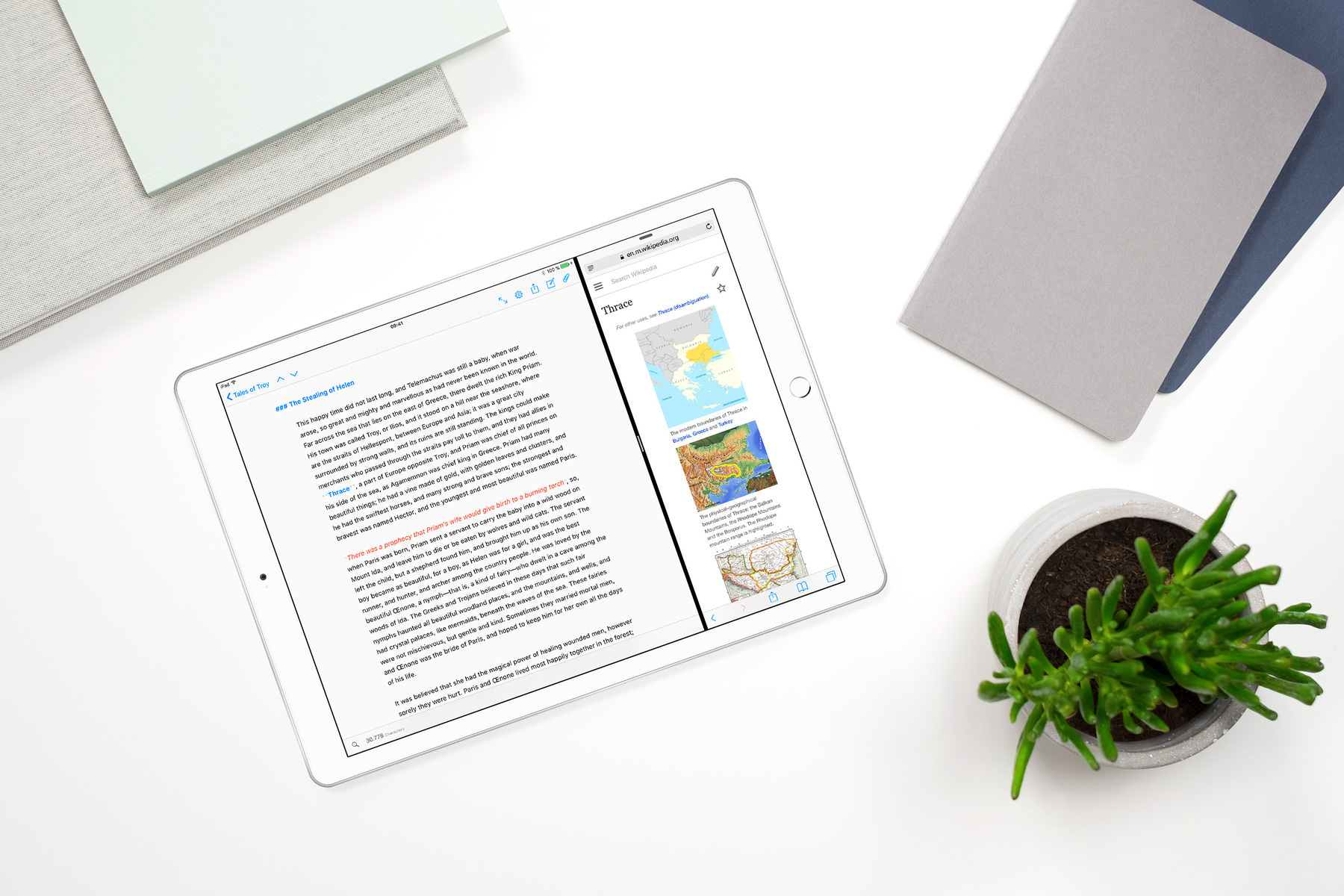I love Ulysses.
This post on the Ulysses blog illustrates its value proposition. It is a minimalistic plaintext editor. It eschews common word processing features (such as rich text formatting) and some high-end “writing app” features (storyboarding, a character name generator, etc.) in favor of a stark, clean interface and generalized organizational tools (a unified library of “sheets” that can be organized in folders or with keywords).
In a way, its lack of features is its greatest feature. It focuses on the text, both from a writing standpoint and a publishing standpoint. That’s what writers should do—and want to do (really!). But writing is hard work. It requires incredible focus, and achieving and maintaining that focus is really hard. Just about anything is easier than writing most of the time. That’s why writers, famously, procrastinate. Sometimes, though, writers get into a flow state, just like software developers do, and any distraction will break that flow. App-induced distractions are particularly unwelcome. The worst offenders, ironically, tend to be features that promise to help make your writing process easier—especially if those features don’t exactly gel with what you are doing.
Ulysses gets that. Its feature set is intentionally uncomplicated and applicable to a broad base of writers. It hides some of its most powerful functionality, such as its awesome publishing features, until you actually need it. It doesn’t impose any system, workflow, or rules on you. Its simple system of sheets, folders, and keywords allows you to build your own organizational system that is specific to your projects—or, alternatively, to ignore organization until you absolutely need it. Most importantly, it puts the focus on the text, right where it needs to be.
